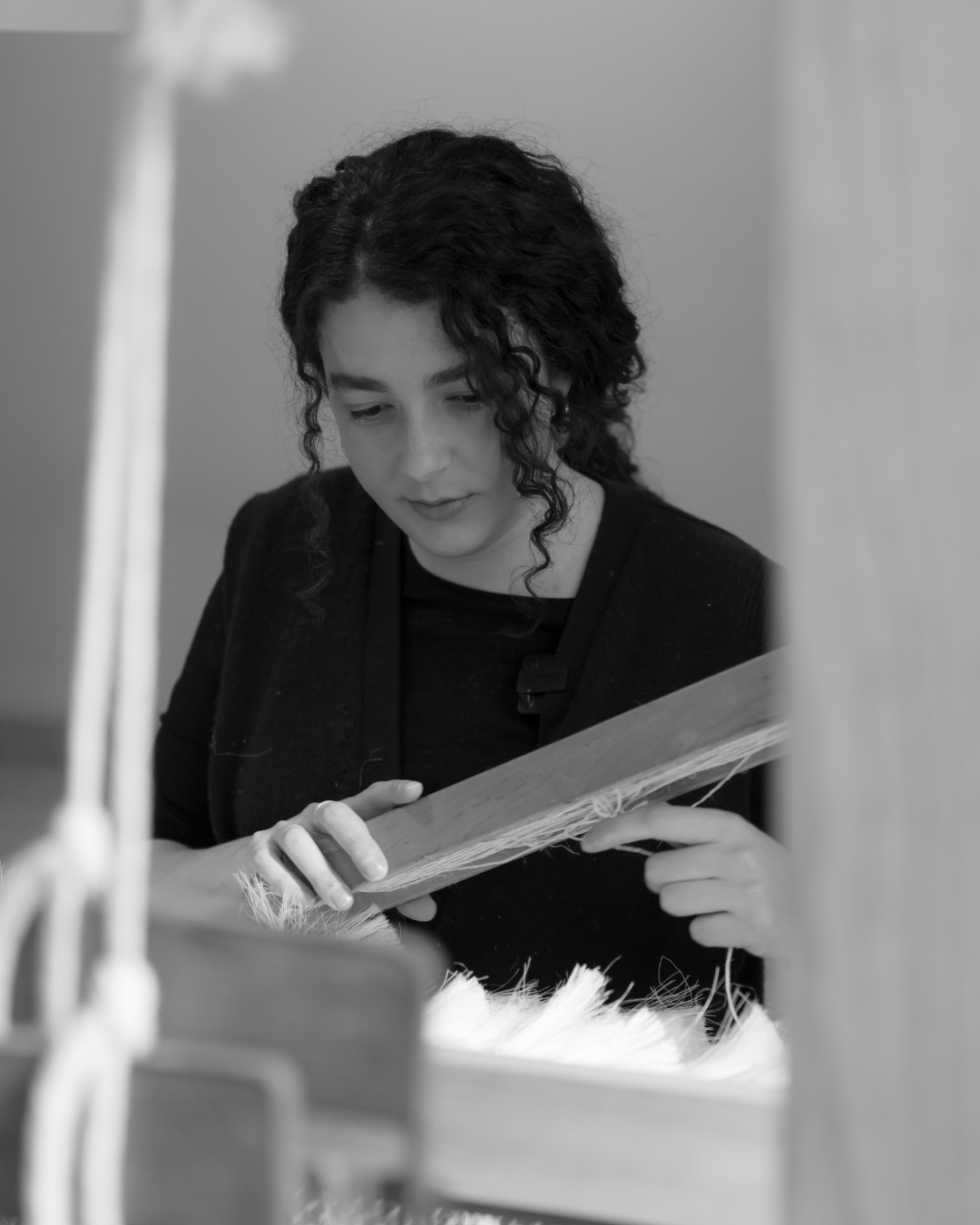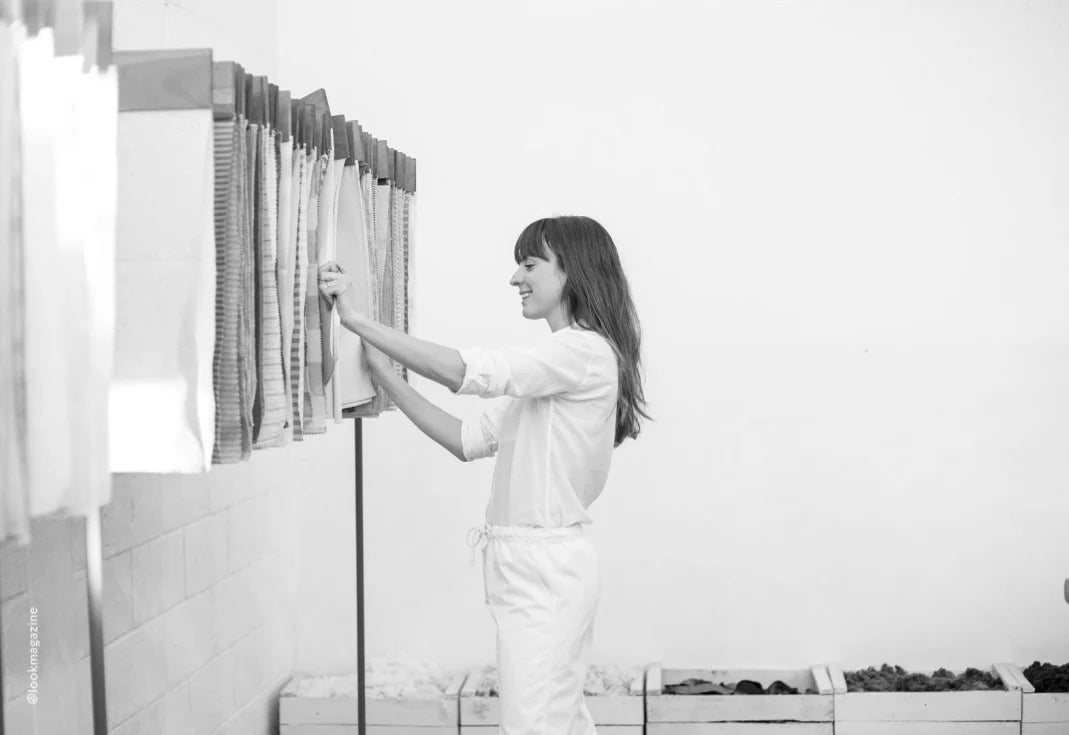
Past is Present
For Guatemalan maker Meema, upcycled-denim is a thread that runs through the family.
If one man’s trash is another man’s treasure, Alejandro Torun has struck it rich. In 2018, he and partner Daniel Buchbinder launched the Guatemalan homewares brand Meema. Their mission was clear: Stop wasting so much waste.
“In Guatemala, the number one export is textiles,” Torun explains. “There’s a very big cutting-and-sewing industry. You have Indigenous communities running one or two machines, and large factories running, say, 10,000. The amount of post-industrial waste is vast, and it’s usually downcycled or it’s incinerated to run the boiler. In the worst scenario, it’s thrown into a landfill.”
Torun knows all this first hand. His grandfather founded a large textile mill in Guatemala City, where Torun worked as a teenager. Each day, denim scraps would pile up after designs were cut.
But it wasn’t until Torun and his cousins got involved in the family business that the notion of upcycling had gained traction—that is, taking used or discarded materials, and repurposing them into something more useful and/or beautiful than what they had been prior.
In the case of Meema—and its collection of minimally designed aprons, napkins and tablecloths (think Scando meets Japanese vibes)—the environmental impact of their efforts is tremendous. Consider that 20,000 liters of water are required to produce a single kilogram of cotton. Meema uses over seven tons of denim scraps per year. That’s the equivalent of more than 30 million gallons of water conserved.
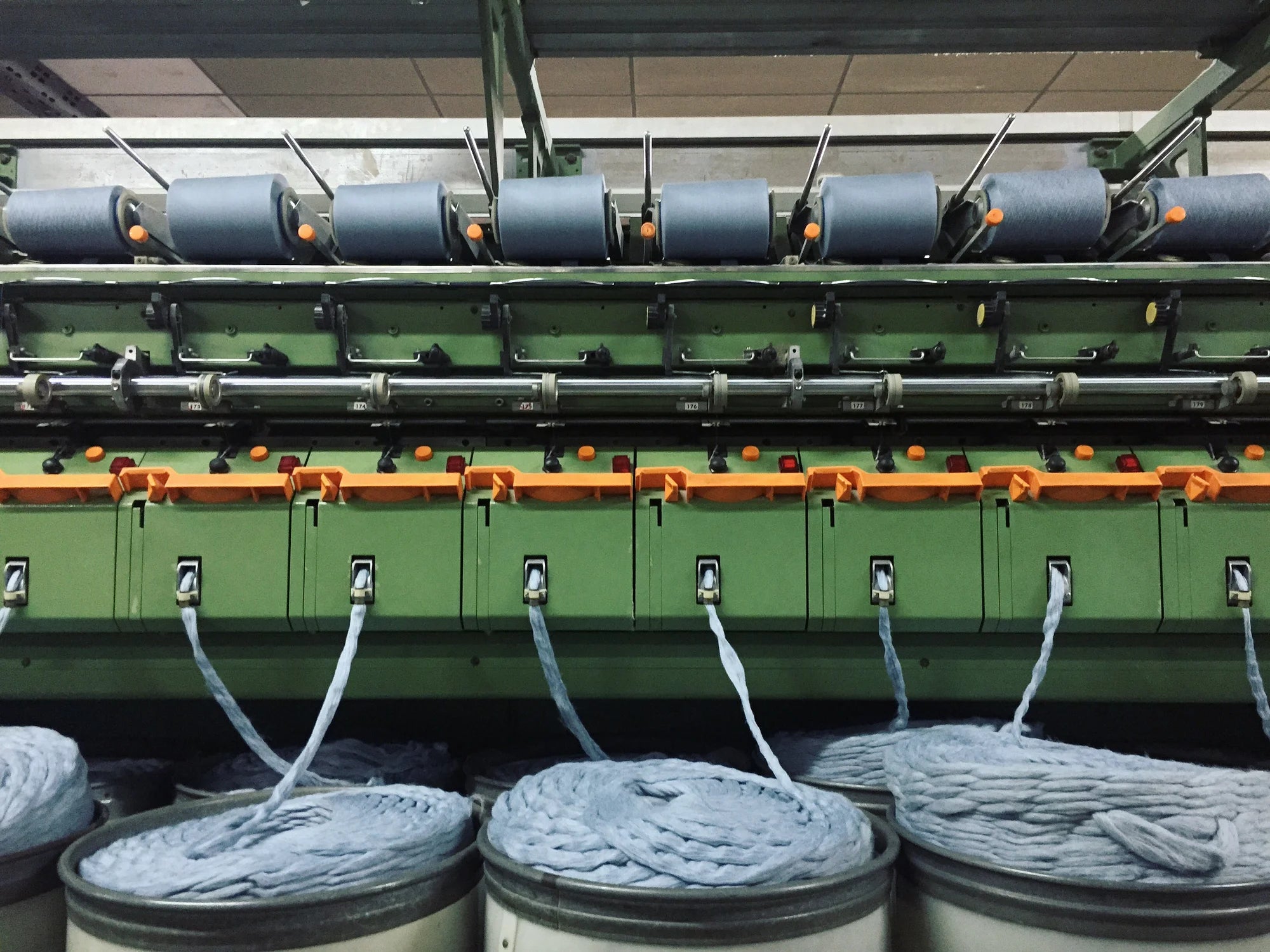
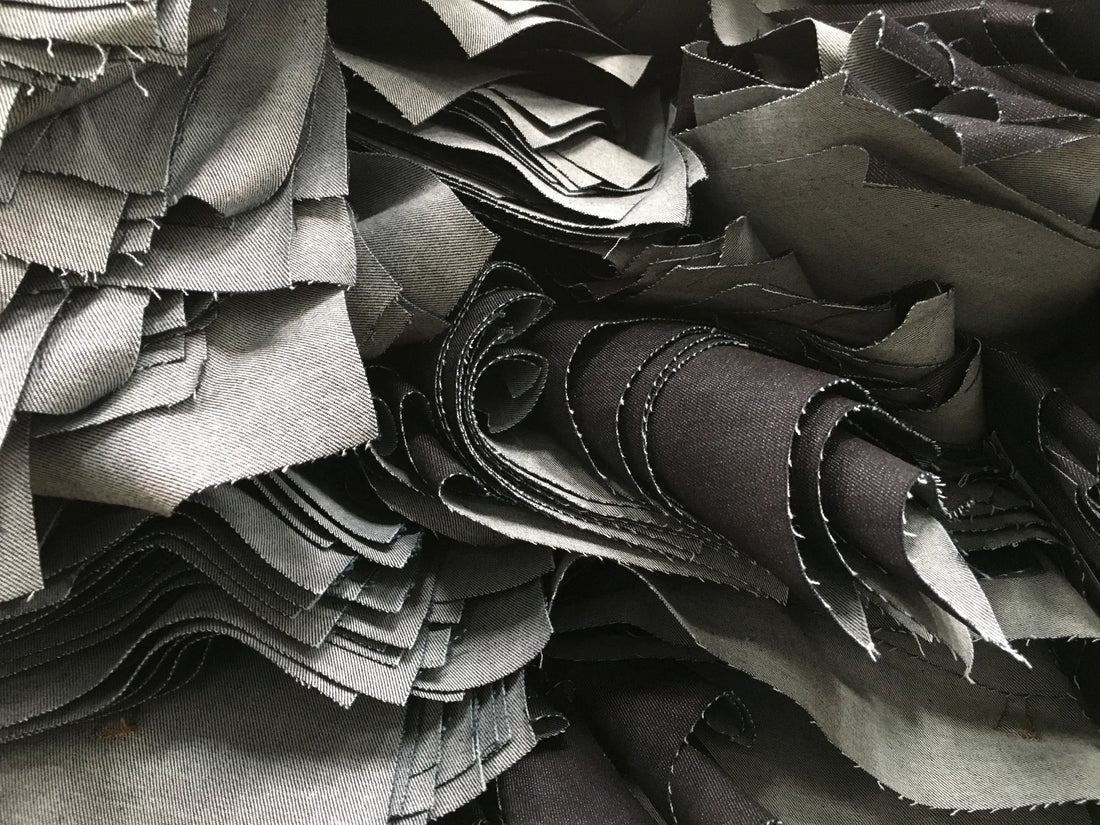
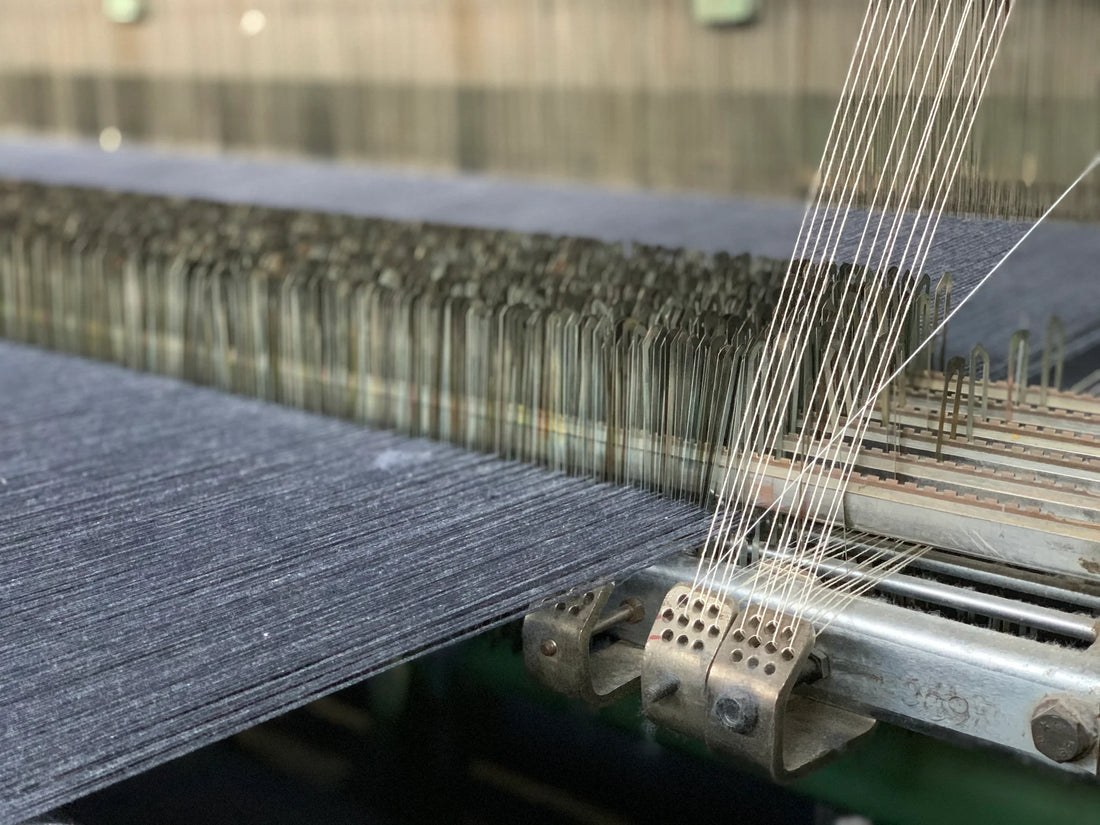
Not that Meema’s process is easily achieved. The scraps that it salvages from Torun’s grandfather’s factory need to be tumbled, processed, combed and spun into new yarn. (There’s a fascinating film on meema.co where you can watch this happening.) Even then, the finished product still needs to be blended with 20% to 40% virgin cotton in order to produce fabric worthy of Meema’s aesthetic ambitions.
“We don’t want people to buy this product because it’s recycled or sustainable,” Torun says. “We want you to buy it because it’s an amazing apron or kitchen towel that looks great and that performs amazing, and that you love it. Oh, and by the way, it’s also sustainable.”
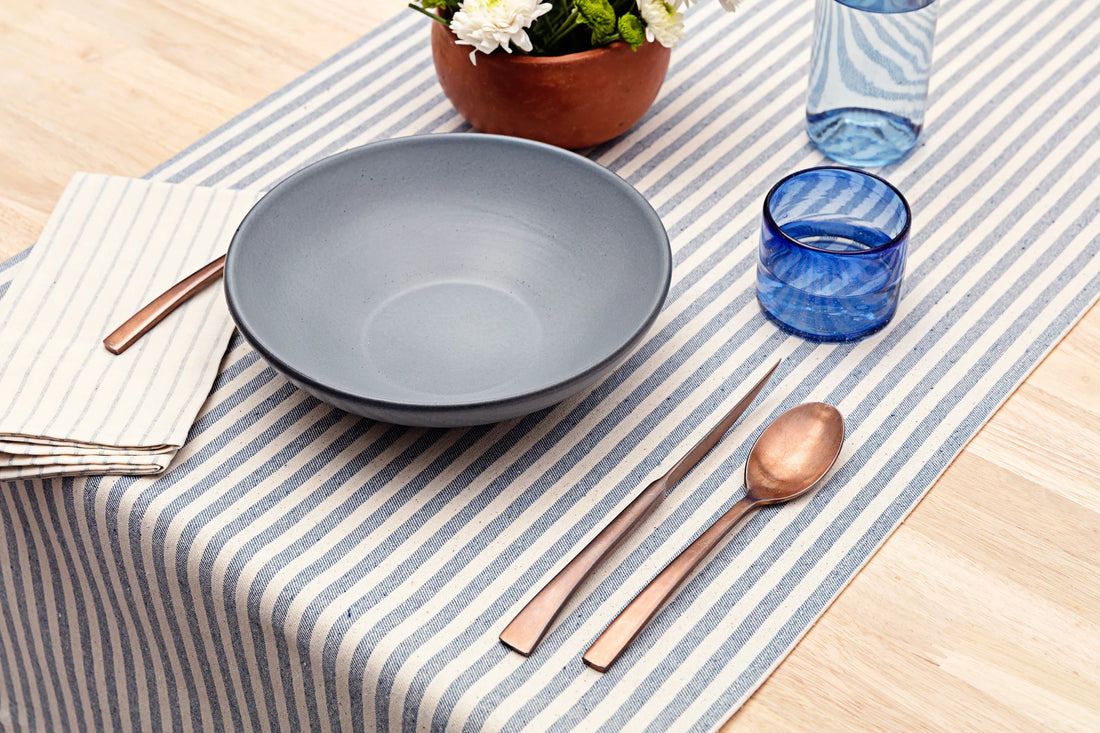
Next up for Meema? Expanding its aspirations by going global. It recently partnered with producers in India, who run their plant using 100% renewable energy via their own windmills and solar farms, while 99% of the water used in the dying process is recycled. Thanks to this partnership, Meema will introduce new products and colorways, coming soon.
“The fact is, sustainability is hard,” Torun says. “But honestly, it’s what keeps us engaged with what we’re doing. We’re not just buying and selling stuff; we’re actually here with a purpose. And let’s be real, if it weren’t for upcycling, we probably wouldn’t be talking right now.”
11 Must-Have Holiday Gifts
Tis the season for standout finds. Unwrap our top holiday picks
Read moreThe Woven Wall
For Mexico-based maker KREYÉ, the artistry of craft represents both beauty and commerce
Read more

